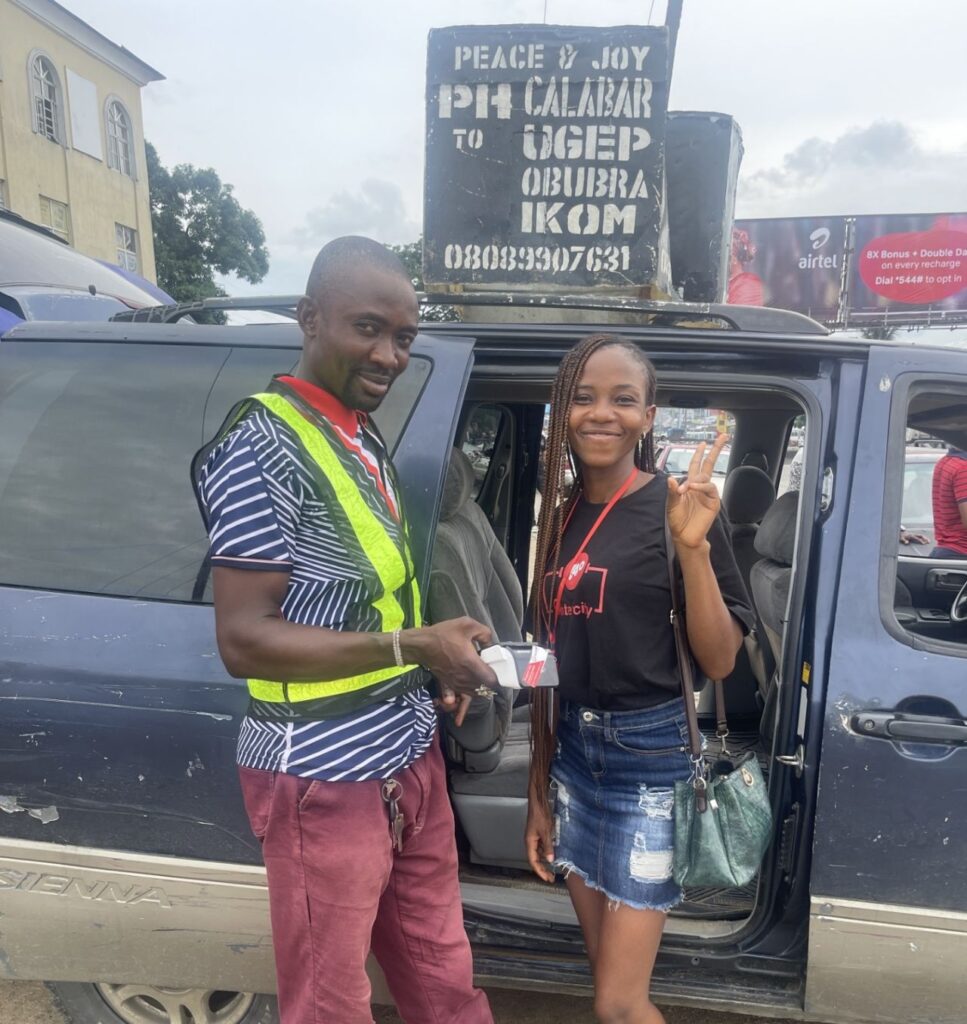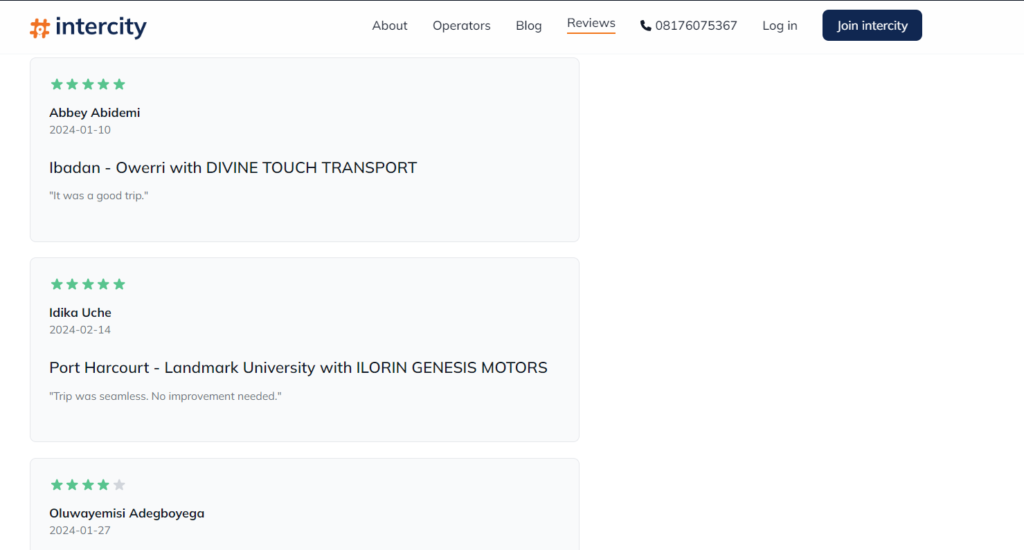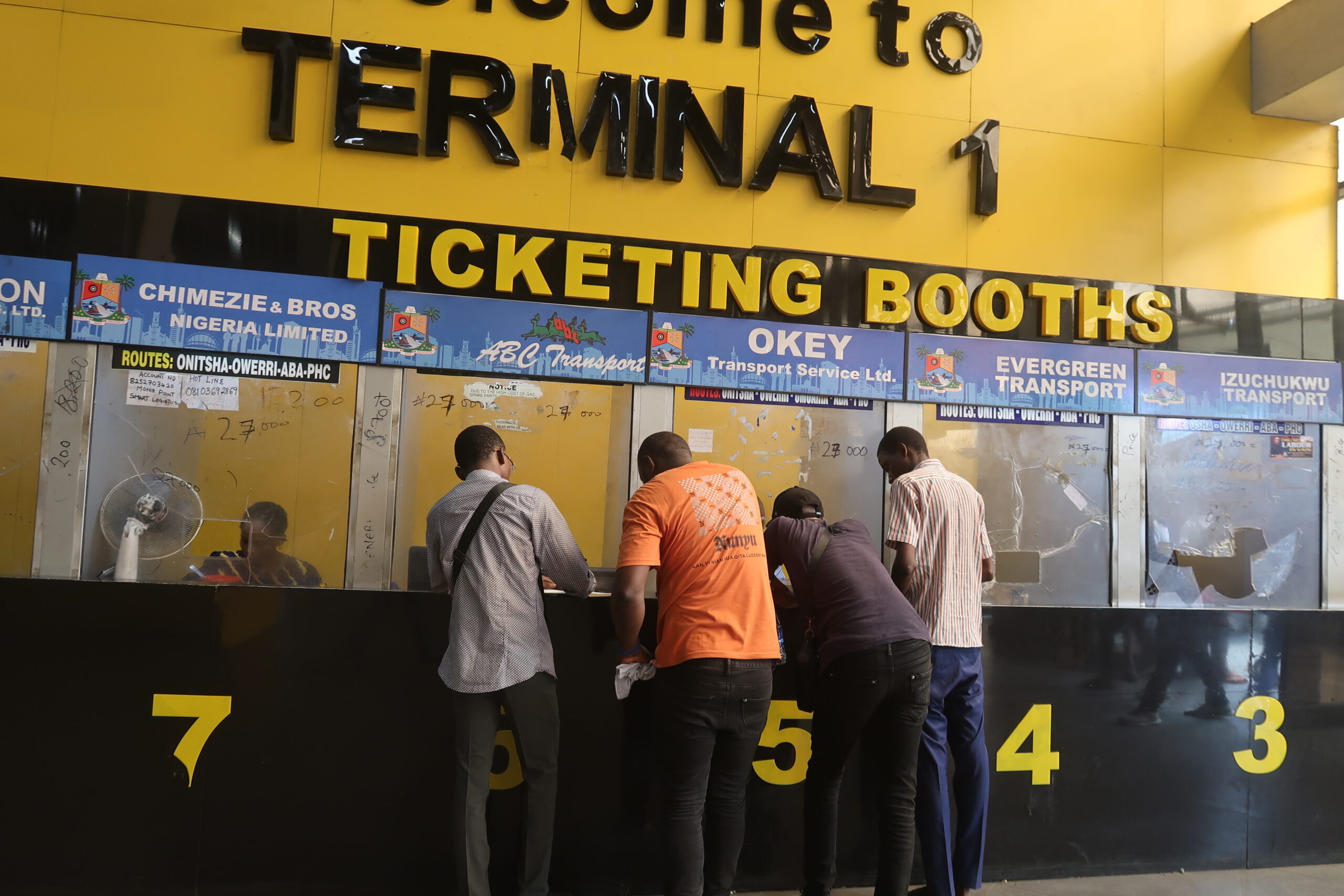In the rapidly evolving transportation industry, bus operators must adopt innovative marketing strategies to stay competitive and attract more passengers. Nigeria is a big country with a lot of transport companies that operates locally and internationally. To stand out as a bus operator or a transport company, you need to develop a marketing strategy that will make you stand out and become more profitable..
Over the years, IntercityNG has helped several transport companies to stay on top of their game and help them expand their revenue and user base. Some are big, small, local or international bus operators. So, from this standpoint, I want to share some the right marketing strategies that can make a significant difference for bus operators in their businesses.
This article explores key marketing strategies that bus operators can implement to enhance their visibility, build brand loyalty, and drive passenger engagement.
Related: The rise of online bus ticket booking in Nigeria
How to Understand Your Target Market as a Bus Operator
1. Conduct Market Research
Market research involves gathering and analyzing information about your potential customers, competitors, and the overall market environment. This can be done through surveys, focus groups, interviews, and analyzing existing data. By conducting market research, you can identify key demographics, such as age, income level, travel frequency, and preferred routes. Understanding these factors will help you create targeted marketing campaigns and improve your service offerings.
2. Analyze Customer Feedback
Customer feedback is a valuable source of information about what your passengers like and dislike about your services. At IntercityNG, we have helped bus operators such as RiversLink Express, Unique Line, Divine Touch (etc) to analyse their customer feedback through surveys, social media, or feedback forms. This has helped them to pay attention to recurring issues for for improvement.
3. Study Competitor Strategies
Top bus companies in Nigeria understand what their competitors are doing can provide insights into what works and what doesn’t in their market. As a bus operator, you must study your competitors, their pricing, service offerings, customer engagement, and marketing tactics. This will help you identify gaps in the market that you can fill or differentiate your services from the competition.
4. Segment Your Audience
In order to capture your market as a bus operator, you need to segment your passengers. Not all passengers have the same needs. You could create a loyalty program for frequent travelers, offering them discounts or priority boarding, while promoting scenic routes and guided tours to tourists..
5. Monitor Industry Trends
Keeping up with industry trends can help you anticipate changes in customer preferences and adapt your services accordingly. This includes staying informed about technological advancements, regulatory changes, and shifts in consumer behavior.
Example: If there’s a growing demand for eco-friendly transportation, you might consider investing in electric buses or promoting your company’s commitment to sustainability.2

How to position your brand brand and Identity as a bus operator
- Unique Value Proposition (UVP): Clearly communicate what sets your service apart, whether it’s exceptional service, eco-friendly buses, or a vast route network.
- Consistent Visual Identity: Maintain uniform branding elements across all touchpoints to create a recognizable and trustworthy image.
- Memorable Brand Message: Develop a strong, resonant tagline or slogan that reflects your brand’s mission and values.
- Community and Social Responsibility: Engage in community events or sustainability efforts to enhance brand loyalty and trust.
- Consistent Branding Across Channels: Ensure uniformity in visual identity and messaging across all marketing platforms to build recognition and trust.
Related: Top best transport companies in Nigeria
Digital Marketing Channels bus operators can use market its operations
- Social Media Marketing: Use platforms like Facebook, Instagram, Twitter, and TikTok, to engage with passengers. Share updates, promotions, and travel tips, and encourage passengers to share their experiences using your services.
- Search Engine Optimization (SEO): Optimize your website with relevant keywords like “bus operators”, “routes, “season”, “name of brand”, “your location” etc to improve your search engine rankings. This increases your online visibility and attracts more visitors to your website.
- Email Marketing: Develop a robust email marketing campaign to keep your passengers informed about new routes, discounts, and promotions. Personalized emails can significantly boost engagement and customer loyalty.
Promotions and Loyalty Programs
- Offer Discounts and Special Deals: Periodically offering discounts or special deals on popular routes can attract new customers and retain existing ones. Limited-time offers create a sense of urgency and encourage bookings.
- Implement Loyalty Programs: Reward regular passengers with loyalty points, discounts, or exclusive offers. A well-designed loyalty program can enhance customer retention and encourage word-of-mouth referrals.
Utilizing Data-Driven Marketing
- Collaborate with Local Businesses: Partner with hotels, restaurants, and tourist attractions to offer bundled deals that include bus tickets. Such collaborations can expand your reach and attract tourists looking for complete travel packages.
- Join Travel Platforms: Listing your services on popular travel platforms and aggregators can increase your visibility and reach a broader audience.
- Analyze Booking Patterns: Use data analytics to identify trends in passenger bookings. Understanding peak travel times, popular routes, and passenger demographics can help you tailor your marketing strategies effectively.
- Personalize Marketing Campaigns: Leverage data to create personalized marketing campaigns that target specific passenger segments.

Customer Reviews and Feedback
- Encourage Passenger Reviews: Positive reviews on platforms like IntercityNG, Google, and social media can significantly boost your reputation. Encourage satisfied passengers to leave reviews and respond to feedback promptly.
- Utilize Feedback for Improvement: Regularly monitor customer feedback to identify areas for improvement. Addressing passenger concerns and making necessary changes can enhance customer satisfaction and loyalty.
Technology is revolutionizing the transportation industry in Nigeria, driving significant improvements in efficiency, safety, and customer satisfaction. Bus operators that want to be the best in the industry and expand their revenue need to follow the listed marketing strategies to promote their brands. Tech platforms such as IntercityNG have advanced technologies which can help bus operators get reviews and user feedback that will enhance customer service. Implementing improved marketing strategies, companies can stay competitive and meet the evolving needs of their customers. With the continuous evolution of technology, the future of transportation in Nigeria looks promising, offering exciting opportunities for both service providers and users.


